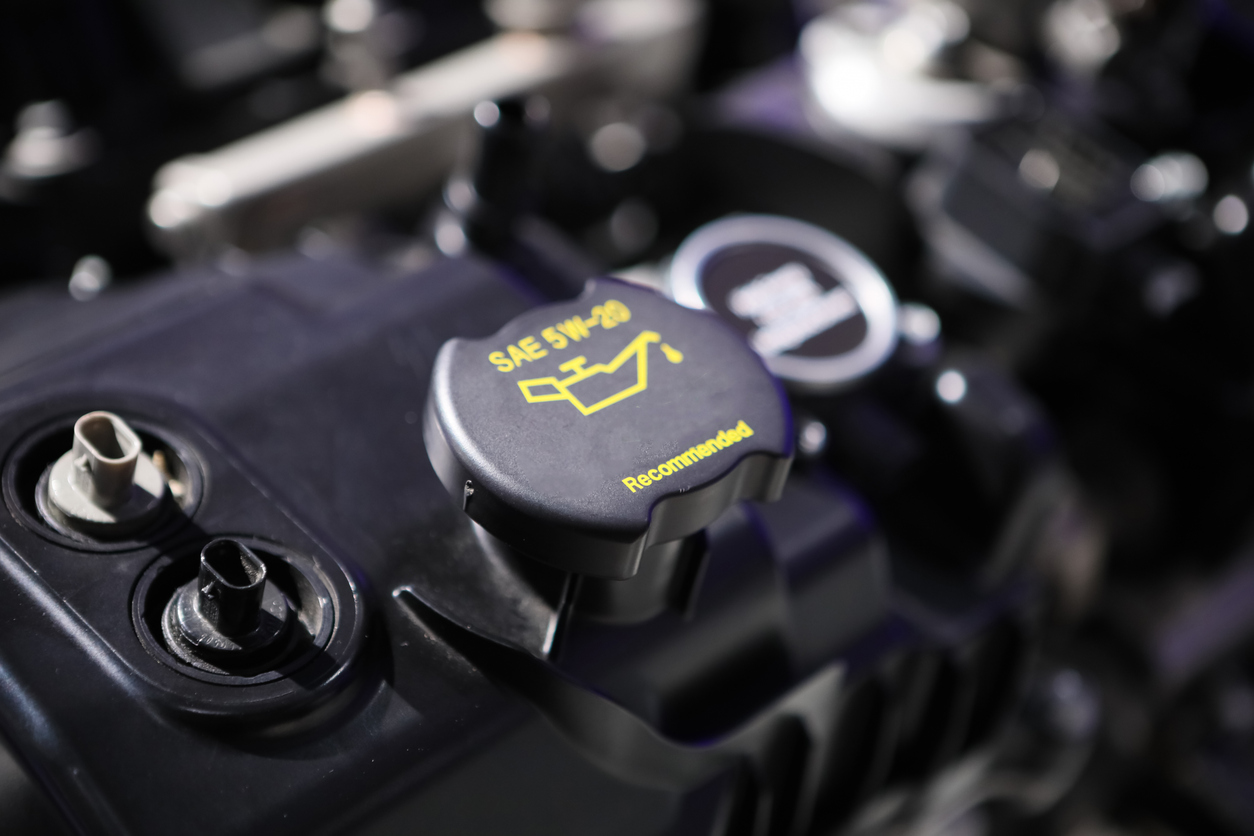Propane vs Natural Gas Generator: The Difference

When it comes to generators, there are two popular fuel options that people often consider – propane and natural gas. Both of these fuels have their own advantages and disadvantages, and understanding them can help you make an informed decision when choosing a generator for your needs.
In this blog, we’ll dive into the key differences between propane and natural gas generators, their applications, the factors you should consider before making a decision, and answer some common questions, such as how much propane does a generator use. So let’s get started!
Propane Generators
Propane, also known as liquefied petroleum gas (LPG), is a byproduct of oil refining or natural gas processing. It is stored in tanks in its liquid form and then vaporized into a gas before being used as a fuel source.
Advantages
- Propane is readily available and can be easily transported in tanks, making it a versatile option for portable generators or off-grid situations.
- It burns cleaner than gasoline or diesel, producing fewer emissions and thus reducing overall maintenance costs.
- Compared to other fuels, propane has a longer shelf life, so it can be stored for longer periods without deteriorating.
Disadvantages
- Propane generators are often more expensive upfront compared to natural gas generators.
- The cost per unit of energy (BTU) is higher compared to natural gas, making it a less cost-effective option in the long run.
Natural Gas Generators
Natural gas is a fossil fuel that is extracted from underground reserves. It is mainly composed of methane and can either be delivered through pipelines or stored in tanks as compressed natural gas (CNG).
Advantages
- A natural gas generator cost is often lower than a propane generator, making it a more budget-friendly option.
- Natural gas is the cleanest fossil fuel, producing fewer emissions and thus reducing overall maintenance costs.
- Since natural gas is continuously supplied through pipelines, there is no need to store fuel, making it a convenient and hassle-free option.
- Natural gas is also considered a clean-burning fuel, producing fewer emissions and reducing maintenance costs.
Disadvantages
- Natural gas generators are not ideal for portable use as they require access to a continuous supply through pipelines.
- In case of power outages, natural gas may also be affected, making the generator unusable.
Propane vs Natural Gas Generator
When it comes to applications, both propane and natural gas generators have their own strengths. Propane is a great option for portable generators or situations where access to pipelines is limited. It can also be used for larger generators that require more power.
On the other hand, natural gas is better suited for residential or commercial use, as it can provide continuous power without the need for refueling. The lower natural gas generator cost also makes it a more affordable option.
When choosing between propane vs natural gas generator, there are a few factors you should consider:
- Availability: If you have access to pipelines, natural gas may be the more convenient and cost-effective option. However, if pipelines are not available, then propane may be a better choice.
- Power needs: If you require a larger and more powerful generator, propane may be the better option as it can provide more energy per unit compared to natural gas.
- Portability: If you need a portable generator for camping or outdoor activities, then propane is the way to go due to its easy transport and storage options.
- Cost: While natural gas may be more affordable in terms of fuel costs, propane generators are often less expensive upfront. Consider your budget and the long-term costs when making a decision.
Both propane and natural gas generators have their own advantages and disadvantages. It ultimately depends on your specific needs and preferences when deciding which one is the best for you.
Propane vs Natural Gas Generator FAQ
To help you make an even more informed decision, here are some commonly asked questions about propane and natural gas generators:
- How much propane does a generator use? The amount of propane a generator uses depends on its size and power output. On average, a 5000-watt generator can consume around 2-3 gallons of propane per hour.
- How much does a natural gas generator cost? The cost of a natural gas generator can vary depending on its size and power output. On average, they can range from $2,000 to $5,000.
- Which is more environmentally friendly, propane or natural gas? Both fuels are considered cleaner-burning options compared to gasoline or diesel. However, natural gas is often seen as more environmentally friendly due to its lower carbon emissions.
Contact Bo’s Electric For All Your Gas Generator Needs
Whether you decide to go with a propane or natural gas generator, Bo’s Electric has got you covered. As Florida’s leading generator experts, we offer a range of both propane and natural gas generator services, including installation, repair, and maintenance. So, if you’re looking for a reliable and efficient generator solution, contact Bo’s Electric today!





